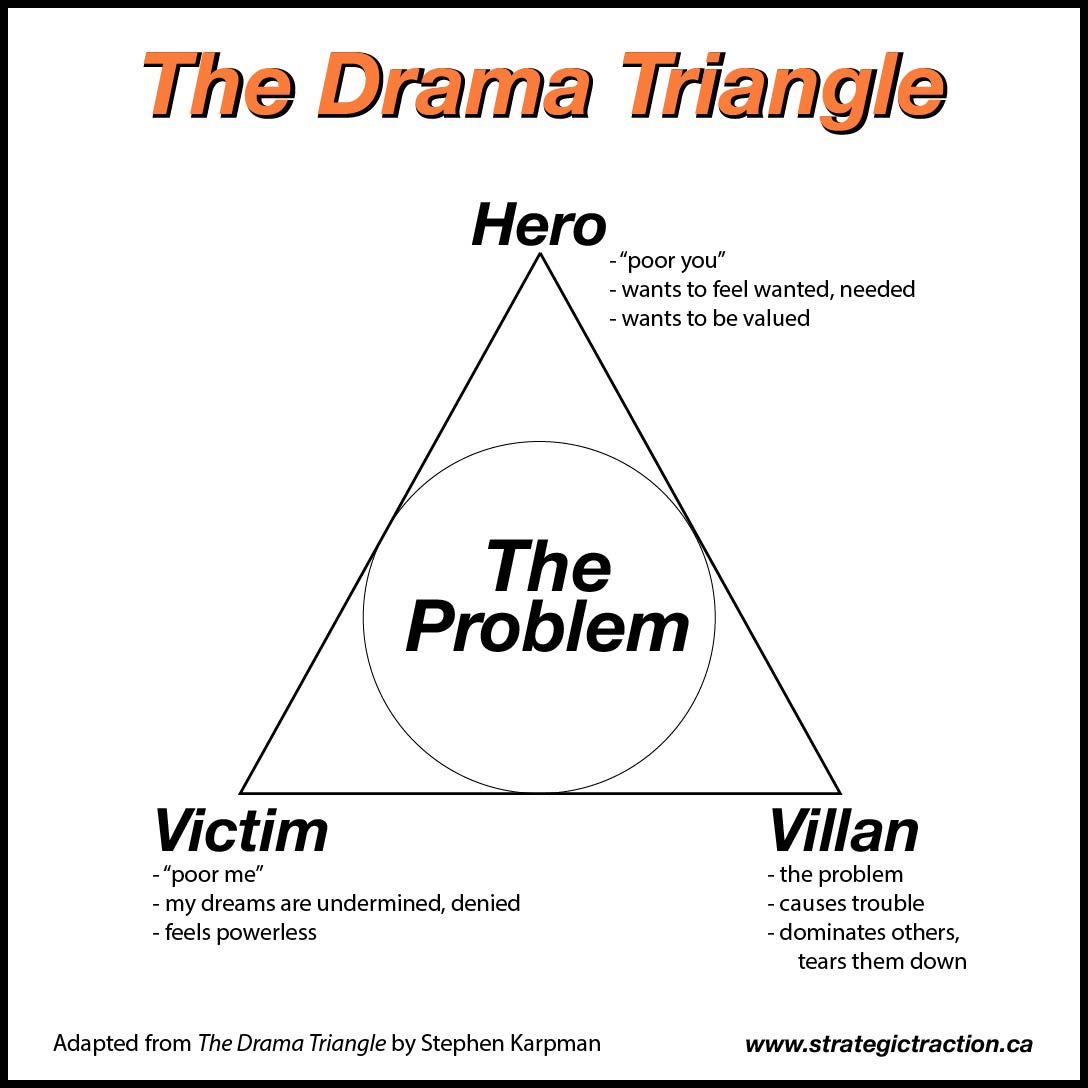Happy Saturday! Here are your 5 things from the mind of Miles for this week.
Waking Up Workshop. This week Purpose Built hosted a conscious leadership workshop with 15Sixty. Included was an introduction to the drama triangle (hero, victim, villain). One portfolio company founder/CEO called it “maybe my favorite [portfolio company] perk” ever. It’s fun to share these tools with founders and our team. Excited to do more of it!
The Agency Paradox. Without a sense of agency people don’t seem to do well. Yet the world is full of chance and appears deterministic. Is feeling a sense of agency useful but not completely true? How do you navigate taking responsibility in your own life, knowing that many things are beyond your control yet not letting that stop you from acting?
The Fraud Trilogy. I finished The Key Man about the rise and fall of Abraaj an emerging-markets private equity firm with social impact aspirations. It gives impact investing a bad name with hundreds of millions of dollars allegedly stolen by management. There were four key elements in unraveling the scheme: a vigilant investor, an internal whistleblower, investigative journalists and the size of the missing money “hole” getting bigger. I recommend pairing it with The Billion Dollar, the story of stealing billions from the Malaysian government. It was surprising how poorly the audit function worked. Notice these frauds were not blown open by auditors. (Is it a coincidence that audit firm KPMG shows up in both cases?). Also, was PM Najib Razak’s family involved in both 1MDB and Abraaj? Another thing I noticed is how much bank secrecy laws aid criminals. If you read Bad Blood, too, then the Wall Street Journal seems important in stopping fraud as it was involved in the three cases. (Although I think all three books were written by WSJ reporters?!)
How Civil Wars Start. Barabar F. Walter’s book explains the risk factors for civil war and reminds us that contemporary civil wars rarely contain set-piece battles. She argues that anocracy and factionalism are two key risks. An anocracy is “a partial regime that mixes democratic with autocratic features.” The US is now rated as an anocracy according to the Polity project (which was funded by the US government). And factionalism is when Identity matters more politically than policy ideas. If you can predict how someone will vote based on one or two demographic facts about them, then you have a faction. I think we are pretty close to that in the US (anyone have research on that?). So what to do to lower risk? Three things matter according to her: accountability and voice (strengthen voting and checks and balances), effective government services and rule of law. And as a bonus she thinks you embrace civics education and regulate social media. What do you think?
Learning About Time. Raising kids helps you learn so much about people, the world and yourself. One of the “fish seeing the water” moments for me was recognizing how much effort parents and pre-school teachers spend on teaching time and dates. I’m so oriented towards the clock and calendar that it easy for me to forget that these aren’t inherent in experience.
Until next week,
Miles



